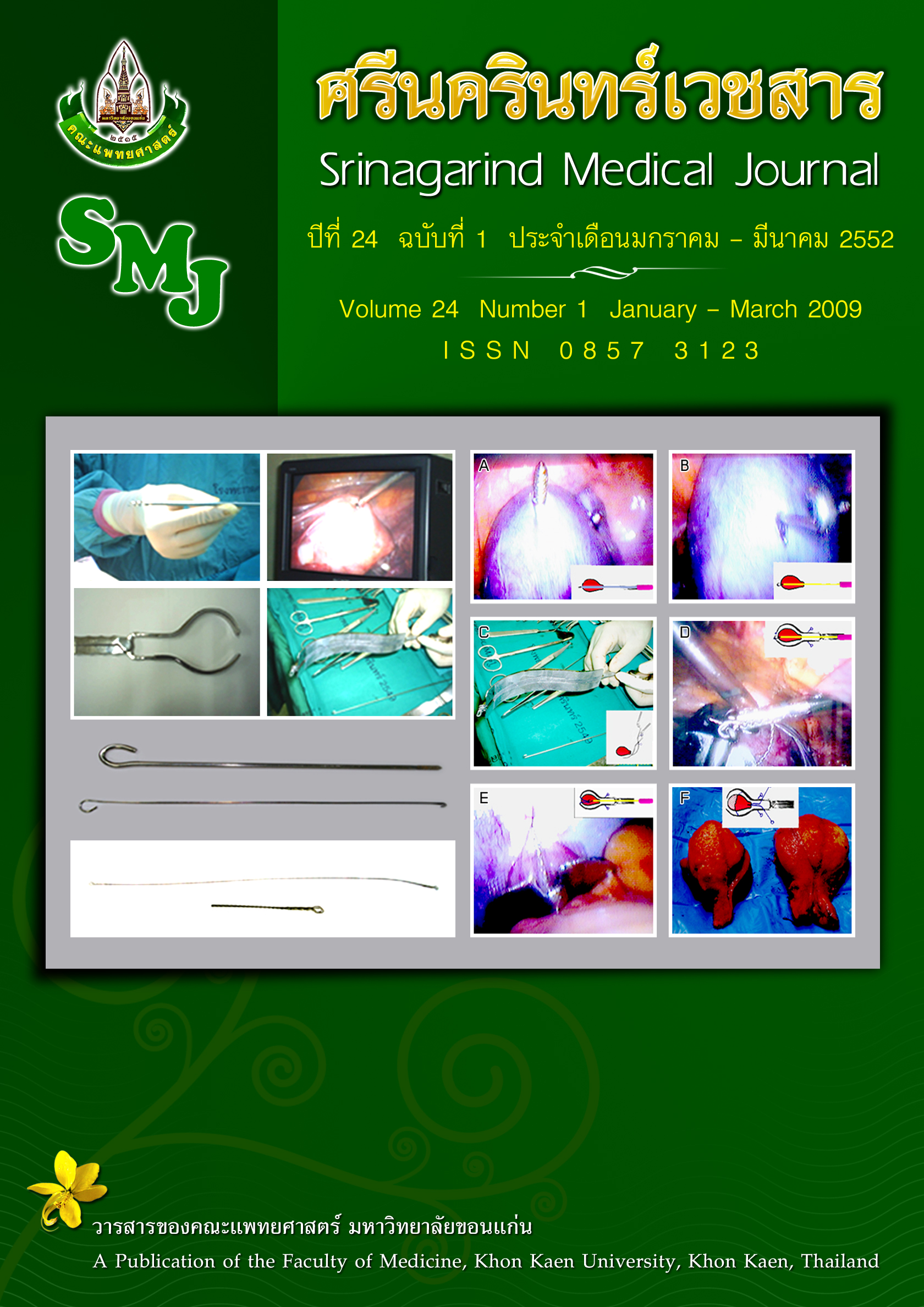New Strategy of Cancer Targeting Chemotherapy
Abstract
Cancer is the disease that mutilates patient life and family. Cancer chemotherapy is one of treatment modalities for some cancers and cancers in some stages. Current advances in chemotherapeutic drugs involve with the targeted drug therapy where it is distinct from the classical cytotoxic drugs which damage rapidly dividing cancer as well as normal cells. Target molecules of the new drugs include molecules in signaling pathways which confer advantages for growth, survival, metastasis, and resistance to dead signals from normal tissues or chemotherapeutic drugs. The target molecules of interest which undergo new drug development pipelines comprise various protein tyrosine kinases, i.e. epidermal growth factor family and vascular epidermal growth factor receptors; mitogen-activated protein kinases, and molecules involving in broad metabolic pathways, such as proteasomes, histone deacetylase and transcription factor proteins such as nuclear factor kappa B. The target molecules are derived from basic studies of cancer and evolved to be potential anticancer drugs. This new generation of targeting drugs offers an alternative of cancer chemotherapy and is also employed as potential research tools in cancer biology.




